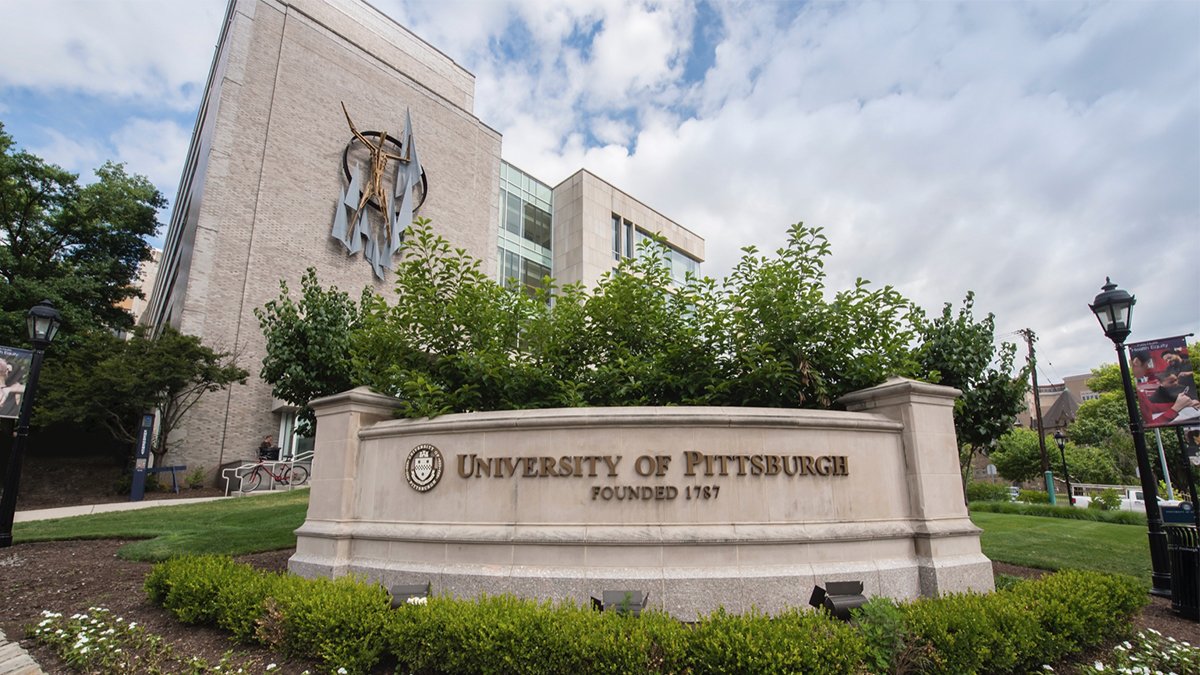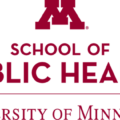The University of Pittsburgh Graduate School of Public Health is among the best public health programs. A top-ranked, world-renowned institution, Pitt Public Health is recognized for its contributions to public health practices and medical care in the Pittsburgh region and around the world.
Established in 1948 with a gift of $13.6 million from the Andrew W. Mellon Education and Charitable Trust, Pitt Public Health was the 13th accredited school of public health in the country. The school is fully accredited by the Council on Education for Public Health and is a member of the Association of Schools and Public Health.
With seven outstanding departments, a distinguished faculty, innovative research centers and projects, and more than 7,000 alumni, Pitt Public Health is preparing the next generation of public health leaders and constantly addressing the world’s most pressing public health issues.
Highly Esteemed Faculty
The faculty of each of the school’s seven departments are well-known, well-respected thought leaders in the field of public health. Pitt Public Health is among the top schools in the country in research dollars per faculty member and our faculty’s research findings are regularly published in top academic journals like Science and the New England Journal of Medicine.
Groundbreaking Research
Founded to meet the needs of industrial Pittsburgh, Pitt Public Health now is recognized for its significant contributions to multiple areas of public health on the local, national, and international levels. We have a rich history of conducting groundbreaking research, from the development of the polio vaccine in the 1950s to timely studies of HIV/AIDS in the 1980s, to today’s virtual modeling of the spread of infectious disease.
Pitt Public Health is actively involved in expanding knowledge in the public health field through scientific inquiry and innovation. We have consistently ranked among the top schools of public health based on funding from the National Institutes of Health, and receive additional funding through other federal agencies, foundations, and private donors.
Areas of Emphasis
Behavioral and Community Health Sciences; Environmental and Occupational Health; Epidemiology; Health Policy and Management; Human Genetics; Infectious Disease Pathogenesis, Eradication, and Laboratory Practices and Microbiology; Infectious Disease Management, Intervention, and Community Practice; Multidisciplinary.
The University of Pittsburgh Graduate School of Public Health offers a top CEPH accredited masters of public health that prepares students to work in an applied public health career. Each of the seven departments in Pitt Public Health offers an MPH degree. Experiential learning opportunities are a key piece of each MPH degree and may include a practicum, internship, field placement, or residency. Both students and faculty are engaged in public health research and practice projects both independently and through centers that encourage collaboration with other professionals from around the globe. SEE: Masters in Public Health in Nigeria
University Of Pittsburgh School Of Public Health Acceptance Rate
Most highly selective colleges now have acceptance rates in the single digits. This means that fewer than 10% of students who apply will ultimately be offered a place there. But in order to boast a low acceptance rate, a school must do more than attract top students. To achieve a low acceptance rate, a school must receive far more applicants than they can accept.
This is accomplished in different ways. Some schools, like Harvard or Princeton, will always attract elite students who view these institutions as the epitome of college admissions success. The college names alone are equated with achievement and recognition. Other colleges attract high numbers of applicants through reasonable price tags or hefty scholarship packages. Still, other schools are known for their location, campus services, or lack of an application fee. Simply put, the more applicants a school can attract, the lower the acceptance rate it will ultimately have.
This is compounded when a school can attract a large number of applicants for only a small number of places. Small schools tend to boast some of the most competitive acceptance rates simply because they have relatively fewer spaces available to offer. Some schools with similar academic statistics will appear much less competitive because they have lots of spaces to offer.
As an elite AAU member, the University of Pittsburgh has a highly selective acceptance rate of 53 percent. First-year freshmen must be graduating with a diploma from a licensed secondary school. Completing a college-prep curriculum with Honors, AP, and IB classes are encouraged. On average, admitted students have a high school GPA of 3.97. Freshmen also achieve a mean SAT score of 1897 and an ACT score of 29. Having no grades lower than “C” is necessary. Transfer students can be accepted from other regionally accredited institutions with at least 24 credit hours. Carrying a minimum collegiate GPA of 2.5 is preferred. Non-academic factors like veteran status or significant work experience may be considered.
Graduate applicants to Pitt must already possess a regionally accredited bachelor’s degree in a relevant major. For instance, the Medical Center requires a baccalaureate background in the biological, computational, or physical sciences. Most graduate programs mandate a minimum undergraduate GPA of 3.0 on a 4.0 scale, but some require a 3.2. Taking and passing the Graduate Record Exam (GRE) within the last five years is mandatory. GRE scores less than 153 Verbal, 152 Quantitative, and 4.0 Analytical Writing will raise concern. Non-U.S. citizens with a native language other than English must score at least 100 on the iBT TOEFL. Candidates must also exhibit a high level of interest in teaching and leadership positions. SEE: University Of Minnesota School Of Public Health Acceptance Rate





